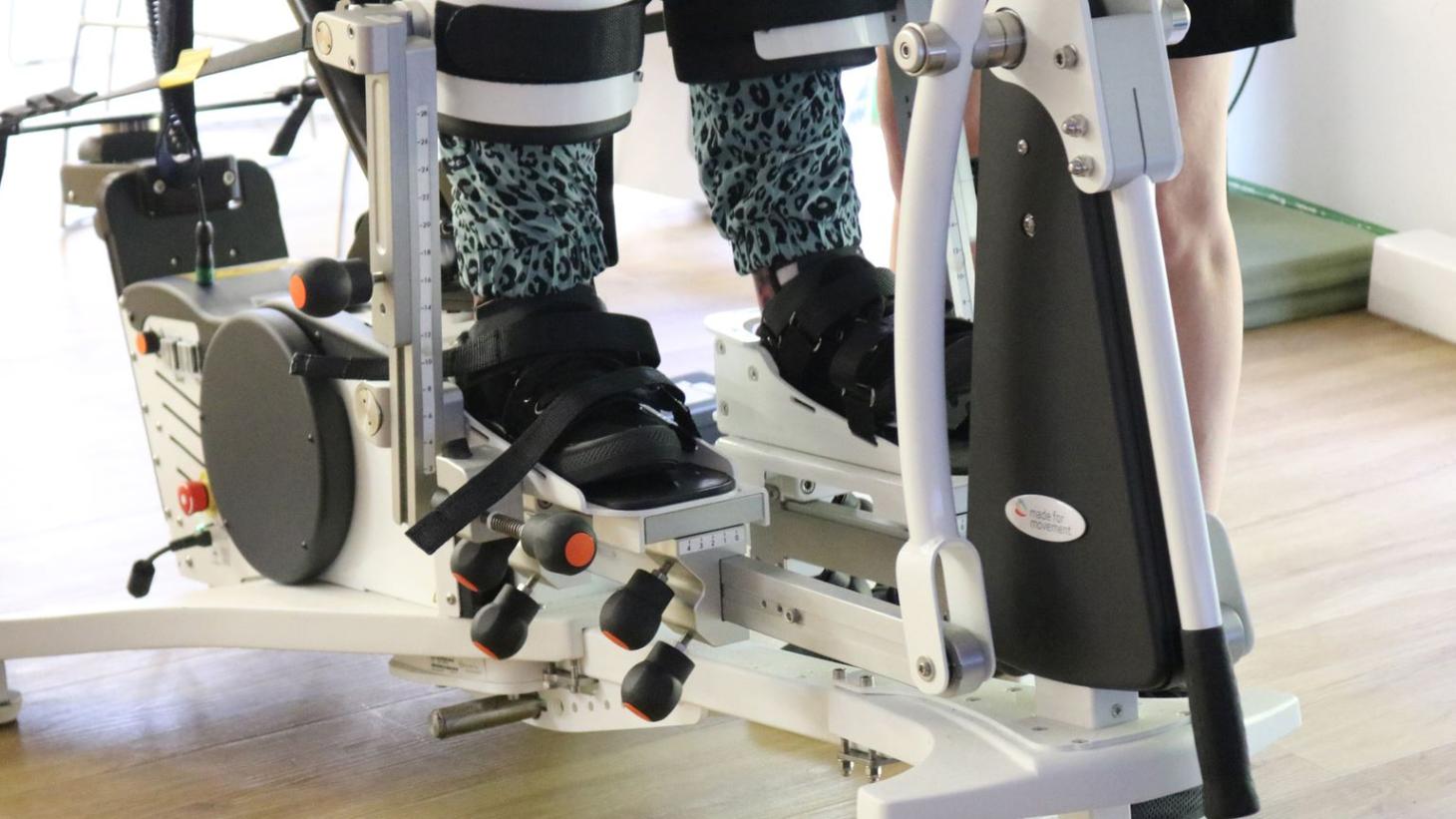We understand that physical access is crucial across all subjects to ensure optimal learning experiences. Therefore, we prioritise positioning our children comfortably, taking into account their individual needs and ensuring that they have a supportive and comfortable environment for learning.
We offer a range of physical interventions that have a significant impact on our students' physical development and well-being. Timetabled sessions happen across environments from classroom, to pool and to the outdoors.
Rebound, for example, utilises trampolines to enhance gross motor skills, balance, coordination and muscle strength. This has been shown to improve sensory integration, promote social interaction and increase overall physical fitness.
Hydrotherapy is another intervention we provide, which takes advantage of the properties of water to support physical development and rehabilitation. Water's buoyancy reduces the impact on joints and allows for greater freedom of movement. Hydrotherapy sessions can improve muscle tone, flexibility and overall motor skills. Additionally, being in the water provides a calming and sensory-rich environment that can promote relaxation and well-being.
We also offer the use of Innowalk, an innovative device that combines passive movement and weight-bearing exercises. Innowalk provides a safe and supported environment for students to engage in repetitive movements, promoting muscle activation, joint mobility and coordination. This device can improve physical stamina, range of motion and overall functional abilities.
Additionally, as part of our enrichment offer, we take pride in organising Panathlon events - inclusive sporting opportunities specifically designed for young people with disabilities and special needs. Panathlon provides a platform for them to engage in adapted sports and experience the joy of participation and competition in a supportive and inclusive environment.
The impact of this physical offer, including rebound, hydrotherapy, yoga, Panathlon and Innowalk, extends beyond physical development. They contribute to improved motor skills, sensory integration, self-confidence and overall well-being. Students often experience increased independence, enhanced social interaction, and a greater sense of accomplishment.
For a more detailed understanding of the impact of these therapies and our physical curriculum, including their intent and implementation, we invite you to refer to The Children's Trust guidance, the physiotherapy information and the ImPACTS curriculum and MOVE programme frameworks. These resources provide comprehensive information about our approach to physical development and the positive outcomes they bring. By incorporating the ImPACTS curriculum and MOVE programme frameworks, we ensure that our physical curriculum is designed to maximise the impact on our students' motor skills, functional abilities and overall well-being.


